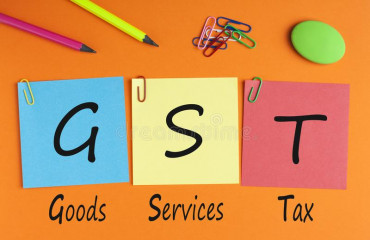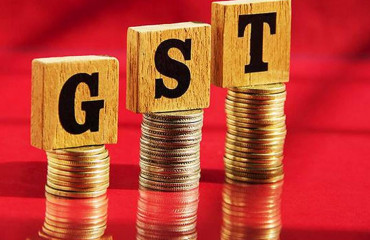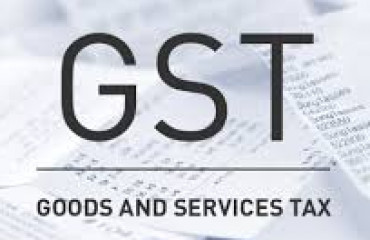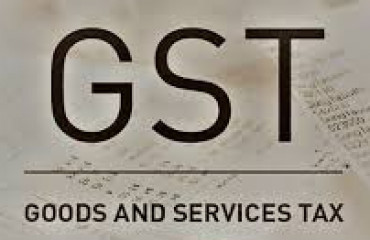
- 23 Jul 2024 06:47 PM
- New
Budget 2024: Explanatory Memorandum for Notifications 29-39 Customs & 51/2024 (N.T.)
Budget 2024: Explanatory Memorandum to Notification Nos. 29 to 39-Customs, dated the 23rd July, 2024 and Explanatory Memorandum to Notification Nos. 51/2024-Customs (N.T.), dated the 23rd July, 2024
On July 23, 2024, several important amendments to customs regulations were introduced through Notifications Nos. 29 to 39-Customs and Notification No. 51/2024-Customs (N.T.). These updates include revisions to existing notifications such as the duty-free import of commercial samples (No. 29/2024), changes in Basic Customs Duty (BCD) rates (No. 30/2024), and adjustments to the India-UAE Comprehensive Economic Partnership Agreement (CEPA) rates (No. 31/2024). Other amendments address Additional Import Duty Cess (AIDC) (No. 32/2024), concessional rates for precious metals (No. 33/2024), and electronics-related notifications (No. 34/2024). Additionally, Health Cess revisions (No. 35/2024), exemptions for critical minerals (No. 36/2024), and export duties on raw hides (No. 37/2024) were included. Notifications No. 38/2024 and No. 39/2024 extend validity and re-import periods. The Explanatory Memorandum to Notification No. 51/2024-Customs (N.T.) introduces a New Shippers Review process under the Customs Tariff Rules, 1995, aiming to enhance tariff assessment efficiency.

- 23 Jul 2024 05:36 PM
- New
What does the economy need? The Economic Survey has few answers.
The Economic Survey serves no surprises. Reflecting the popular discourse, it lists the triple slack of low private sector investment, agriculture failing to make farmers prosperous despite substantial subsidies, and sluggish FDI as each responsible for hurting growth and job creation. But doesn’t spell out the policy changes needed to take the economy out of this pain.
Read More
- 23 Jul 2024 05:39 PM
- New
Economic Survey: The government’s recipe for growth, in 12 charts
New Jobs, New Skills
One of the biggest priorities the Survey identifies is job creation, for both new workforce entrants and those leaving agriculture. It forecasts a need to create 7.8-8.1 million jobs a year, or about 103 million jobs by 2036 (Chart 1a).

- 23 Jul 2024 06:40 PM
Request for Income Tax Return Filing Extension Due to ITD Portal Glitches
The Bikaner Tax Consultants Association, a leading body of chartered accountants and tax advocates in the Bikaner region, has formally requested an extension of the Income Tax Return (ITR) filing deadline. In a letter dated July 20, 2024, addressed to Smt. Nirmala Sitharaman, the Hon’ble Finance Minister, the Association has highlighted significant issues faced by taxpayers and professionals due to technical glitches in the Income Tax Department (ITD) portal and anomalies concerning Section 87A of the Income Tax Act. The letter calls for an extension of the filing deadline to mitigate the current challenges and ensure accurate and timely submissions.
Read More
- 23 Jul 2024 06:30 PM
Monthly GST Collections Surge- Gross GST collection July 2022 to June 2024
As of July 22, 2024, the Finance Ministry reported consistent growth in GST collections from July 2023 to June 2024, with amounts increasing month-over-month. Collections ranged from ₹1,48,995 crore in July 2022 to ₹1,73,813 crore in June 2024, reflecting a positive growth trend. The government has paid all GST dues to states and has settled Integrated GST (IGST) balances monthly. It has also fulfilled its GST compensation commitments for the period from July 2017 to June 2022, including additional support for the Covid-19 period with ₹1.1 lakh crore and ₹1.59 lakh crore released as loans. No pending payments are reported. While states, including Bihar, have expressed concerns over increased capital expenditure and requested fiscal support, these issues were discussed during the pre-Budget consultations but no further action has been specified.
Read More
- 23 Jul 2024 06:34 PM
Agriculture Reforms and GST Impact in India: Key Insights
Source: https://taxguru.in/goods-and-service-tax/agriculture-reforms-gst-impact-india.html
Pankaj Chaudhary, addressed concerns about agriculture reforms and GST. He highlighted that agriculture is primarily managed by state governments, but the central government supports farmers through various schemes and increased budget allocations. Despite this, the GST Council, responsible for tax rates, has imposed an 18% GST on certain agricultural machinery to address inverted duty structures. The Council has not recommended reducing this rate, and no immediate changes are anticipated. The Minister also outlined significant achievements in agriculture, including increased budget allocations, record food grain production, enhanced productivity, and various farmer support schemes like MSP increases and income support programs.
Read More
- 22 Jul 2024 06:20 PM
Union Budget 2024: What does the real estate sector expect?
The Indian real estate sector anticipates significant reforms in the upcoming budget, including GST reduction, lower interest rates, industry status, and incentives for affordable and sustainable housing, aiming to boost growth and accessibility nationwide.
Read More
- 22 Jul 2024 06:13 PM
Budget 2024: Real estate players seek tax sops, REIT reforms, industry status, spending boost in Union Budget 2024-25
Budget 2024: The commercial real estate industry has high hopes for the upcoming Union Budget. Top players are calling for a mix of tax breaks, regulatory reforms, and infrastructure spending to boost investment, ease costs for homebuyers and developers, and propel the sector's growth.
Read More
- 22 Jul 2024 06:24 PM
Budget 2024 Expectations: Consumer electronics industry seeks support for job growth and GDP push
The consumer electronics sector seeks budgetary support to drive growth, including GST revisions, infrastructure investments, and skill development initiatives, aiming to achieve global leadership in manufacturing.
Read More
- 22 Jul 2024 06:28 PM
Data explainer: Why the Union budget can do only so much
The annual budget day is touted as the biggest event in India’s economic calendar. It’s the day when the central government outlines how, and how much, it plans to earn and spend in the new financial year. However, in the grand scheme of things, the financial import of this annual budget is limited simply because the amount of surplus funds at the government’s disposal is limited.
Read More